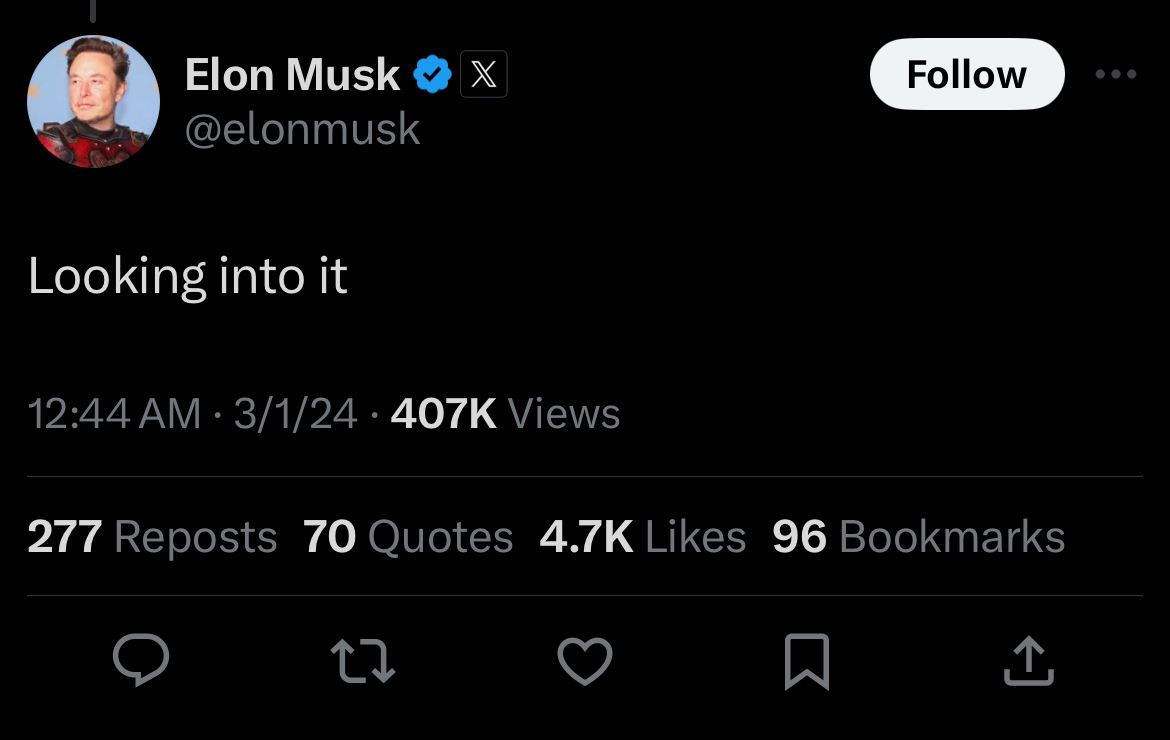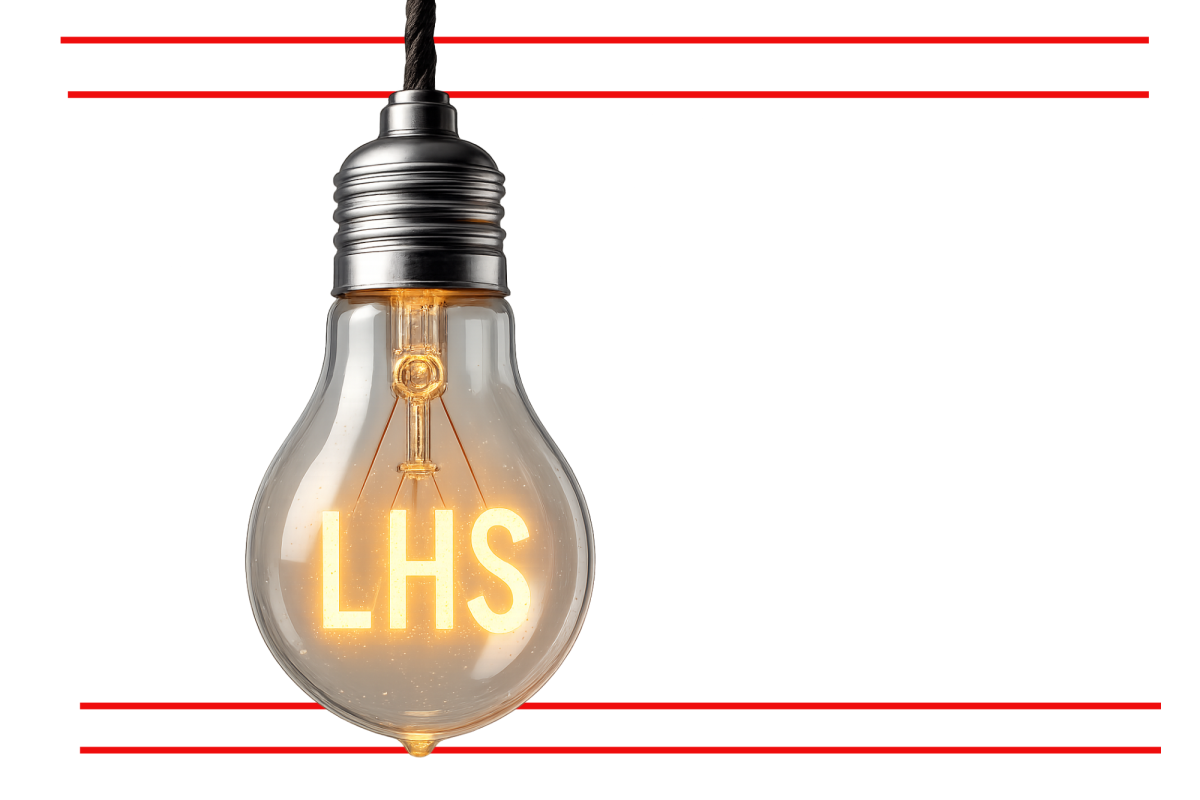During last week’s presidential debate, the usually apolitical X user IcyVert made two posts only seconds apart. One said “That’s it I’m voting for Kamala,” and the other “That’s it I’m voting for Trump.” The Kamala Harris post only got 71.2k views, while the Donald Trump post got an astounding 3.6m views.
While this could certainly be passed off as a fluke from the algorithm, it certainly says a lot about what Elon Musk has done with Twitter. When Musk purchased Twitter, two of his main goals were to solve the abundance of bots and to protect free speech. What was not clear was a third goal: turn Twitter into a staunchly Republican-based platform.
The bot issue seems to be perpetually unsolvable, but the topic of free speech has been a very complicated one. Musk has certainly protected a form of free speech: there is little moderation and both political parties receive representation. However, such an environment has brought in a uniquely right-leaning user base. At the moderate ends, this is not such an issue, but with the extremes, it gets progressively more dangerous. Some big accounts, such as End Wokeness, get away with gross racism and misinformation every day. The beloved community note feature, which intends to add credibility to the free speech haven, oddly avoids accounts like this, potentially hinting at some kind of protection. Protection is not the only issue, however; these accounts actually find ways to get promoted.
To make up for lost profits from advertising boycotts, Musk has pushed out the subscription service X Premium, a sort of manipulation of Twitter’s original verified check system. Rather than being used to protect credibility, it now provides credibility. Users can purchase their verified check along with a slew of other benefits; the most impactful of these is a greater prioritization of replies in the algorithm. The accounts that purchase the subscription get pushed to a greater number of people, magnifying their voices past what they would regularly reach.
Musk is very vocally right-wing, so the people who pay to support him are more often than not also right-wing. What results from this is Musk and his followers are consistently pushed to the front page. It has created a sort of community of sycophants that praise Musk and his policies without question. A good portion of this might not even be genuine, as X Premium also pays for positively received posts. This leads many accounts to simply pledge their support for economic purposes, desaturating the platform of real and unique opinions. This combination makes it nearly impossible to avoid the new conservative side of X, regardless of one’s actual opinion.
Again, there is nothing wrong with a Republican platform. Protecting free speech is certainly a moral goal, but actively pushing the ugly sides of it is not. X went from moderately left to dangerous radicalism, with racism and misinformation finding far too much support. As election season approaches, it is important to acknowledge that X is indeed different from Twitter, and is not necessarily an unbiased source. An absolutist approach to free speech inevitably comes with dangerous misinformation, and X is no longer the safe space for discourse that Twitter was.










